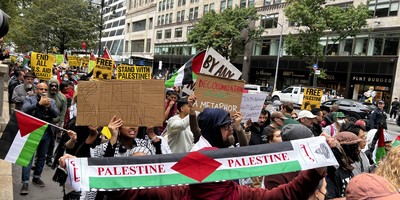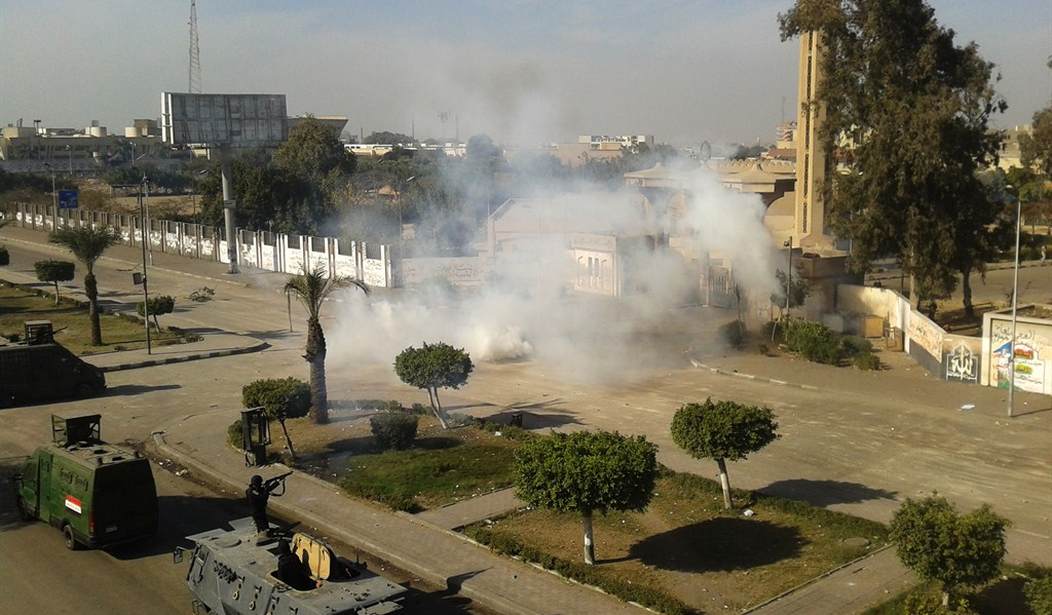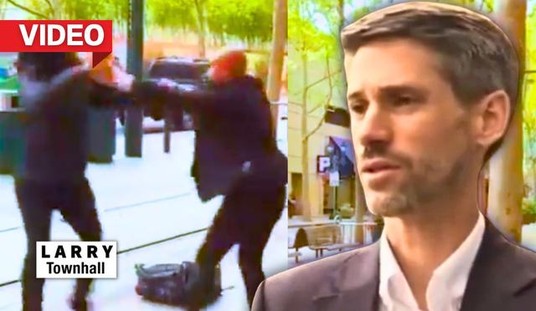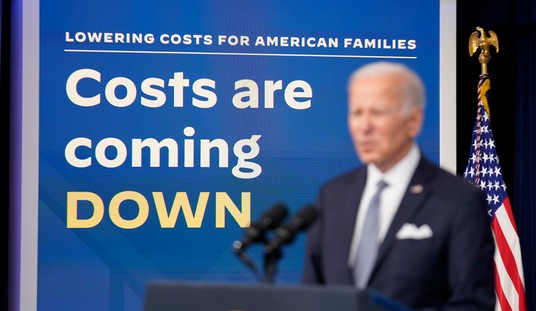Syria: President Bashar Asad Monday called for a battle against Wahhabism, the political and religious theology embraced by the Saudi Arabian government that backs the Sunni uprising against his regime.
"President Assad said that extremists and Wahhabi thought distort the real Islam, which is tolerant," state news agency SANA reported. He underlined the role of men of religion in fighting against Wahhabi thought, which is foreign to our societies, according to Asad.
Wahhabism is an ultra-conservative Muslim tradition, which is predominant in Saudi Arabia and whose intolerant precepts govern Saudi religious, civilian and political life. It is a sect of Sunni Islam, whose leaders profess has no sects.
Comment: Asad's remarks during a meeting with religious clerics from Lebanon are a response to Saudi King Abdallah's accusation that Asad is "destroying his country."
The Ba'athist government in Damascus is disparaged in the West and in the Sunni countries of the Middle East because many of its leaders, including Asad, belong to the Alawite sect, an offshoot of Shia Islam. In fact, Syria has a secular government based on the principles of pan-Arab socialism-Ba'athism, not Islam. That explains its tolerance for many religious denominations, including Sunni Islam, Zoroastrianism, Shiia Islam and Christianity among others.
Asad does not often attack the calcified religious underpinnings of the Saudi kingdom. In the context of King Abdallah's accusations, Asad's call is a summons to revolution to overthrow the House of Saud. It will not generate a revolution, but it will resonate in some areas, such as the oil-rich Eastern Province of Saudi Arabia, most of whose population is Shiite, not Wahhabi Sunni, and is treated as second-class citizens.
Recommended
The message behind the message is a reminder that destabilization and revolution can occur in Saudi Arabia, possibly more easily than in Syria, once it starts.
Lebanon-Saudi Arabia-France: The Saudi government promised $2 billion in aid to assist the Lebanese armed forces to improve security. France almost immediately chimed in that it would sell advanced military equipment to the Lebanese armed forces.
Comment: This might be a farce, butfor the gravity of the situation. Saudi Arabia is working with France to build influence in Lebanon that is independent of the US. The Saudis also want to strengthen Sunni and Christian resistance to Lebanese Hizballah. Arms assistance always works, sort of. The French will help for strategic and obvious economic reasons.
Egypt: An Egyptian court convicted 139 supporters of ousted President Mursi on charges ranging from rioting to sabotage and sentenced each to two-year prison terms.
Comment: This is the latest, but hardly the last, in the mass trials of the Muslim Brotherhood and its supporters. The sentences suggest the Brotherhood is being suppressed, but not crushed.
While many commentators liken the actions of the military-backed government to the Mubarak era, there are differences. Those convicted have been granted bail opportunities and the sentences are not open-ended or uncertain in duration. Both traits were not characteristics of Mubarak-era prosecutions. Considering the charges, the sentences are lenient.
Security. A remotely detonated car bomb exploded near a military intelligence building in Sharqiya, in the Nile Delta, injuring four people on the morning of the 29th.
Comment: Sunday's attack was the third bomb attack in a week. A group based in Sinai claimed responsibility for all three. The Sinai insurgency has crossed the Suez Canal. The Egyptian security forces have failed to contain the Sinai jihadis. They now appear to have a supporting infrastructure west of the Canal. That is a bad portent for security in 2014.
By now, the Egyptian government knows that the bombings are not the handiwork of the Muslim Brotherhood. That realization will not prompt the government to reinstate the Brotherhood as a legal organization.
It looks as if the government's fixation on the Brotherhood caused it to lose focus on the jihadi threat from northern Sinai. If that is the case, the bombings will increase in the Delta region and in Cairo.
South Sudan: South Sudanese Information Minister Michael Makuei Lueth said the government will not attempt to retake the rebel-held, oil producing city of Bentiu, in the north, "as long as the rebel forces abide by the cease-fire."
Rebel leader Machar said "conditions for a truce were not yet in place" and a cease fire had to be negotiated by both sides and "include a way to monitor compliance."
Comment: The tactical situation is not clear, but strategically Machar and his mutineers look incapable of resisting the momentum to end his revolt.
South Sudan-Uganda: Ugandan President Yoweri Museveni warned rebel leader Dr. Riek Machar to comply with the cease-fire offer which ends Tuesday, 31 December, or face action by regional nations.
Museveni visited Juba, South Sudan, on Monday, the 30th, to help advance efforts to find a political solution to the South Sudan crisis. Museveni said the African Union "has in totality banned any form of military coup in any country in the continent." Museveni said Machar's coup indicates that he is against the continent.
Museveni gave Machar four days to respond. If he does not, Museveni said, "We shall have to go for him, all of us. That is what we have agreed in Nairobi. To defeat him (sic). And I want to congratulate General Salva for defeating these terrorists in the town here (Juba), and here in the provinces trying to make troubles."
Comment: Museveni appears to be the designated leader of the regional heads of state from the African Union who deliberated last week in Kenya. Uganda has the trained and capable forces to help the South Sudan government restore order. They would need logistic support, as is always the case. The US is almost certainly involved in encouraging the Ugandan and South Sudanese Presidents to crush Machar's mutiny.
End of NightWatch
###
NightWatch is brought to readers of Townhall Finance by Kforce Government Solutions, Inc. (KGS), a leader in government problem-solving, Data Confidence® and intelligence. Views and opinions expressed in NightWatch are solely those of the author, and do not necessarily represent those of KGS, its management, or affiliates.
A Member of AFCEA International






















Join the conversation as a VIP Member